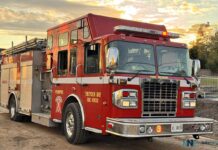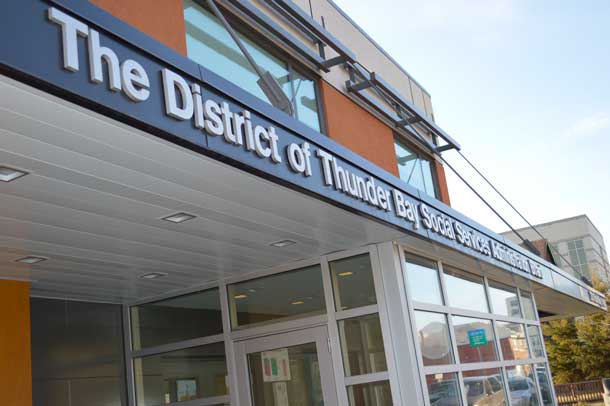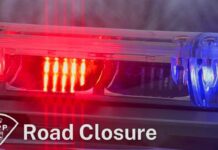A Closer Look at Highways 11 and 17
THUNDER BAY – Highways 11 and 17 serve as vital arteries in Northern Ontario, connecting small communities and facilitating major commercial activities. However, their safety records, marred by frequent accidents and hazardous driving conditions, highlight a pressing need for significant improvements.
Transforming these highways into divided roads and implementing stricter regulations for commercial vehicle drivers, aimed at reducing accident rates and ensuring safer travel for all should be a top priority for Canada.
The Case for Divided Highways
Reducing Head-On Collisions
Divided highways have a proven track record of decreasing the likelihood of head-on collisions, one of the most lethal types of road accidents. By separating opposing lanes of traffic with a physical barrier or a wide median, the risk of vehicles crossing into oncoming traffic, a common issue on the currently undivided stretches of Highways 11 and 17, is significantly mitigated.
If there is a move to transport spend nuclear fuel rods to a storage facility near Ignace, there should be a push that a divided highway become part of the planning process. Not discussions, but an actual plan. Imagine a transport truck hauling spent radioactive nuclear fuel on a highway like the video shows?
Improving Traffic Flow and Reducing Delays
Divided highways also facilitate smoother traffic flow and reduce congestion-related delays. These improvements are particularly vital for commercial transportation, which relies on timely deliveries that current highway conditions cannot reliably guarantee.
Stricter Regulations for Commercial Drivers
Enhanced Training and Certification
Commercial drivers are often behind the wheel for long hours, which can lead to fatigue and decreased alertness. Implementing more rigorous training programs and certification processes would help ensure that these drivers are better prepared to tackle the unique challenges of long-distance driving in Northern Ontario’s often harsh weather conditions.
Regular Vehicle Inspections
Stricter enforcement of regular vehicle inspections can prevent mechanical failures that contribute to accidents. Ensuring that all commercial vehicles on Highways 11 and 17 meet high safety standards could reduce breakdowns that lead to hazardous situations on these critical roads.
Local Impact: A Safer Commute for Thunder Bay Residents
For residents of Thunder Bay and surrounding areas, the transformation of Highways 11 and 17 into divided highways could mean a safer and more reliable commute. With many locals relying on these routes for daily travel, improved road conditions would not only decrease the risk of accidents but also enhance the overall quality of life by reducing travel time and stress.
Conclusion: A Call for Action
The evidence is clear: divided highways and stricter regulations for commercial drivers are essential steps toward making Highways 11 and 17 safer for everyone. It is time for stakeholders, including local government and provincial authorities, to prioritize these upgrades. Investing in our highways is investing in our community’s safety and economic well-being.







